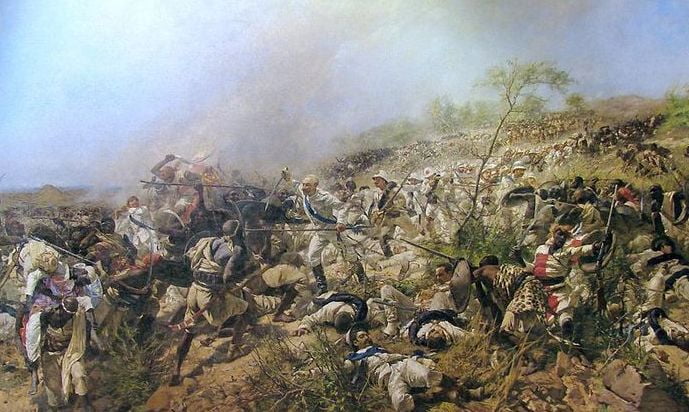Challenge from the Scythians
Following Antiochus VII’s defeat, the Parthians faced new challenges from Scythian raids into Iran. In response, Phraates, utilizing Greek captives from Antiochus’s defeat, confronted the Scythians. However, when the battle took a turn for the worse, the Greek captives turned on Phraates, aiding the nomads in defeating the Parthian army. This incident left a lasting impact on Parthian military strategy The Kingdom of the Maccabees.
Successors and Nomadic Threats
Artabanus II, Phraates’s uncle and successor, similarly fell victim to nomadic threats. The subsequent king, Mithradates II, emerged as the most significant ruler in Parthian history. Drawing a parallel between Mithradates II and Darius I, both notable for enriching their respective empires, Mithradates II played a crucial role in transforming the region. In contrast to the challenging arid landscape, the Parthians developed advanced irrigation systems, constructing qanats (underground tunnels) for efficient water transportation. This effort transformed the Tigris and Euphrates valleys, enabling the cultivation of various crops.
Middlemen Role and the Silk Road
The Parthians prospered as middlemen, connecting East and West through trade. In 128 B.C., a Chinese ambassador, following the Yuezhi migration, discovered Parthia and India. A diplomatic exchange with the Chinese emperor, Wu Di, transpired 13 years later. This interaction facilitated a flourishing trade relationship, leading to the establishment of the Silk Road. The Parthians capitalized on their strategic position, collecting tolls on goods passing through their territory Private Bulgaria Tours. The Silk Road facilitated the exchange of commodities such as grapes, Arabian horses, silk, dried fruits, olive oil, salt, perfumes, statues, precious metals, gems, rugs, and spices. Despite attempts by Romans and Chinese to bypass the Parthians, the latter successfully navigated each challenge, ensuring their continued dominance on this lucrative trade route.








